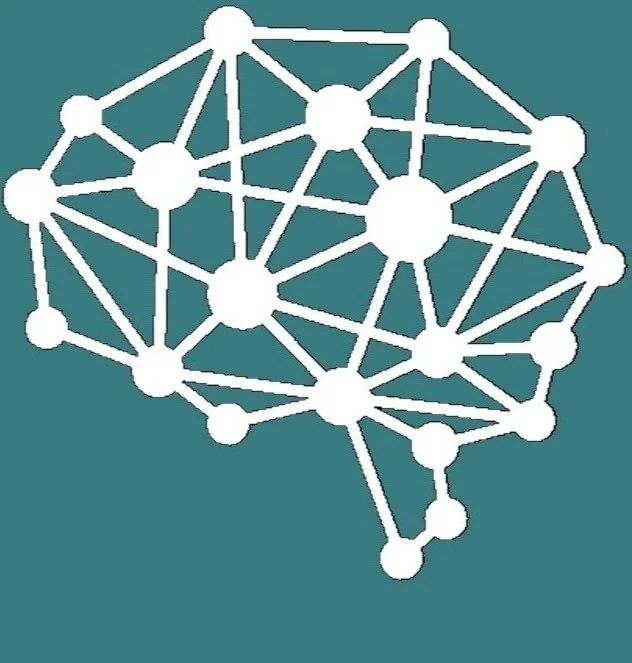
Pietermaritzburg | Hilton | Howick
Speech Therapy Services Pietermaritzburg | Hilton | Howick
I assist clients with swallowing and communication difficulties as a result of a range of medical diagnoses, including, among others:
Strokes
Head injuries
Cancer (brain, head, mouth, neck)
Progressive/degenerative diseases (e.g. MND / Parkinson’s Disease)
Head and/or neck traumas
Autoimmune disorders (e.g. Myasthenia Gravis)
Post-surgical interventions (e.g. laryngectomy / tracheotomy)
Voice disorders
Services include the assessment and management of:
Dysphagia
Difficulties with eating and/or drinking. For example: difficulty with chewing or swallowing; coughing or choking when swallowing; food left in the mouth after swallowing.
Aphasia
Difficulties with communication due to acquired language impairment. For example: difficulty understanding others when they speak; difficulty expressing oneself or finding the right word to say; speaking in a way or with words that do not make sense; difficulties with reading and writing.
Dysarthria
Difficulties with speaking due to muscle weakness. For example: slurred or unclear speech; soft or slow speech; voice quality changes; or dysfluent speech.
Apraxia
Difficulties with communication due to impaired planning of the movements required for speech. Often, the brain knows what it wants to say but the instructions to the speech system become jumbled.
Cognitive-communication disorders
Difficulties with cognition as it affects communication. For example: difficulties with attention, memory, reasoning, problem-solving, planning, sequencing or inferencing.
Voice disorders
Difficulties with voice or changes in voice quality. For example: voice that is whispered, breathy, weak, strained, hoarse, rough, croaky or raspy; or voice that is higher or lower in pitch than usual.
“… we will forever be indebted to you for your assistance, care and understanding in getting us over the biggest hurdle in our lives.”
— A. SUPASAR, SPOUSE








